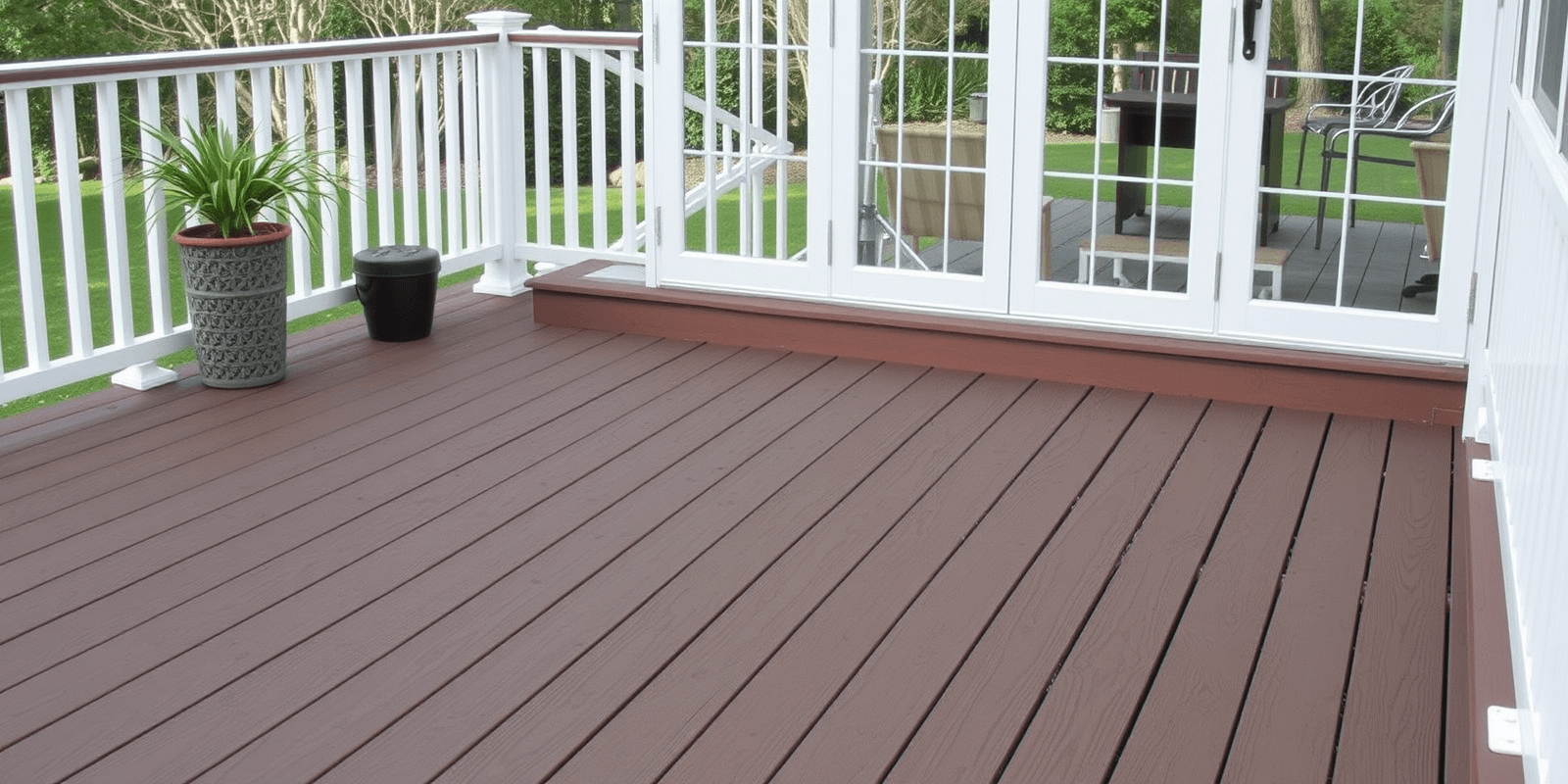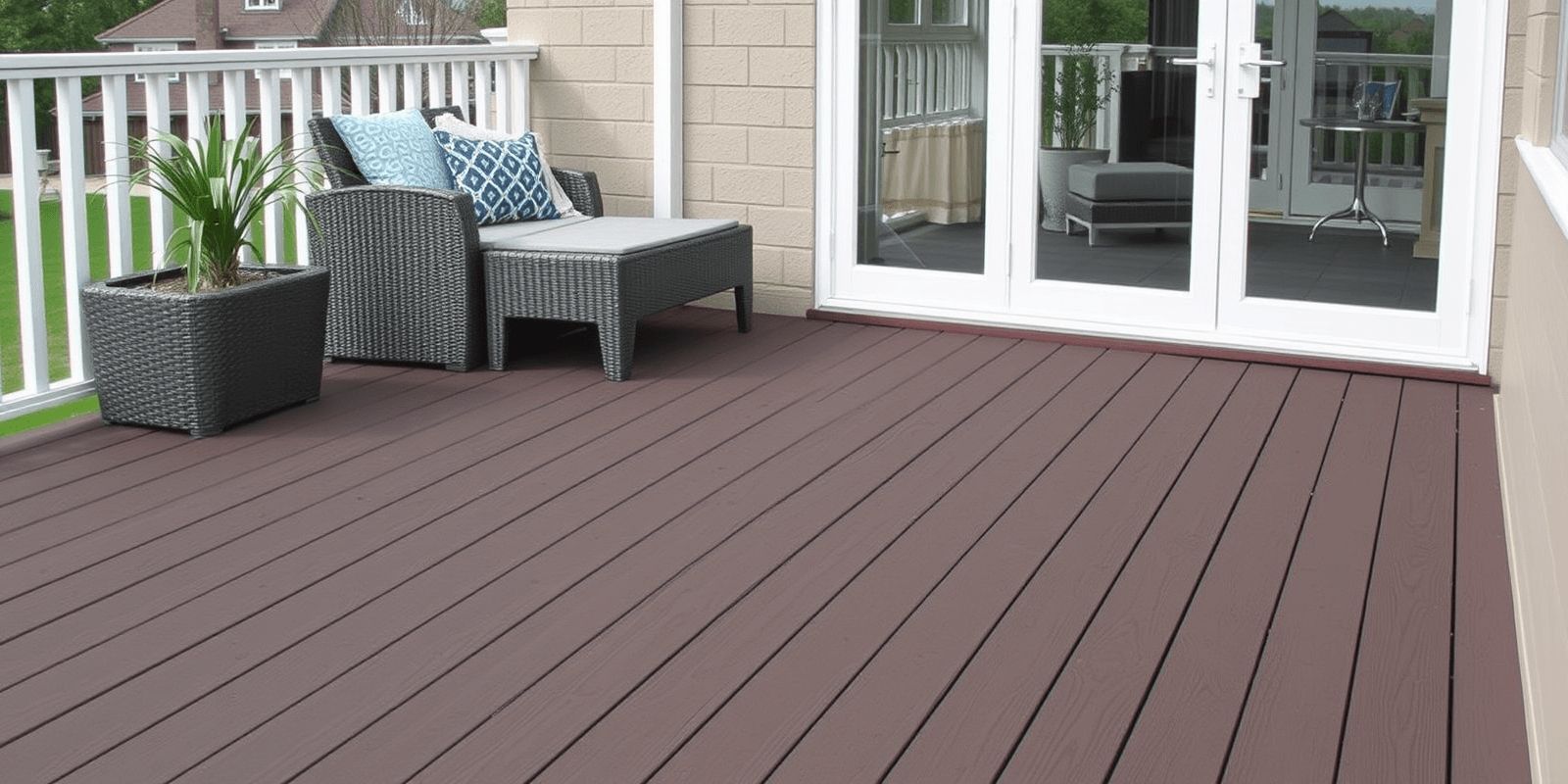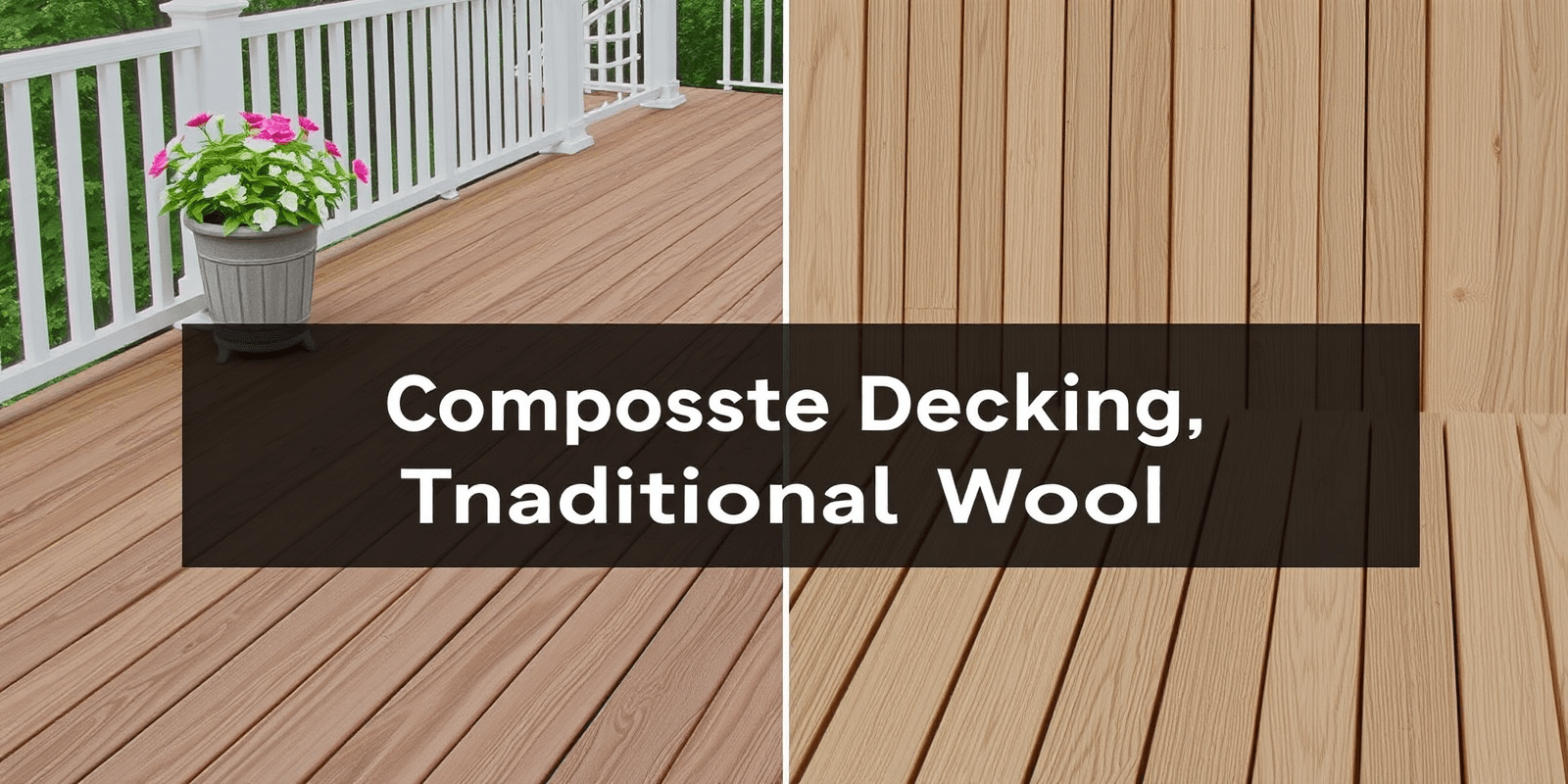“`html
What is Polyethylene versus Composite Decking
Introduction
Decking materials have evolved over the years, offering homeowners a variety of options to enhance their outdoor living spaces. Two popular choices are polyethylene (PE) and composite decking. Each material has its unique properties, maintenance requirements, cost-effectiveness, and aesthetic appeal. This article will explore these aspects to help you decide which one suits your needs best.
Polyethylene Decking: Properties and Maintenance
Polyethylene is a type of plastic known for its durability and flexibility. It is often used in single-material decking solutions. One of the main advantages of PE decking is its resistance to moisture and rot, making it ideal for areas prone to high humidity or frequent rain. However, PE can expand and contract with temperature changes, which might lead to warping if not properly installed. Regular cleaning with mild soap and water is sufficient for maintaining PE decks.
Composite Decking: Properties and Maintenance
Composite decking is made from a mixture of wood fibers and plastic (often recycled). This combination provides a balance between natural aesthetics and enhanced durability. Composites are generally more resistant to fading, staining, and scratching compared to PE. They require minimal maintenance beyond occasional sweeping and spot cleaning. However, they can be more susceptible to mold and mildew growth if not properly sealed or cleaned regularly.
Cost-Effectiveness and Appearance
In terms of initial cost, PE decking tends to be slightly cheaper than composite. However, the long-term savings often favor composites due to their lower maintenance requirements. Composite decking offers a more natural wood-like appearance, which many homeowners prefer for aesthetic reasons. PE, while still attractive, may not offer the same level of realism.
Selecting the Right Option
Choosing between PE and composite decking depends on several factors including climate, usage, and aesthetic preferences. For regions with extreme temperature fluctuations, composite decking might be more suitable due to its stability. High-traffic areas benefit from the durability of composite materials. If a more natural look is desired, composite is the better choice. Conversely, for those looking for a budget-friendly option with minimal maintenance, PE could be the way to go.
Conclusion
Both polyethylene and composite decking have their pros and cons. Understanding your specific needs and environmental conditions will guide you towards the right choice. Whether you prioritize low maintenance, cost-effectiveness, or aesthetic appeal, there is a decking solution that fits perfectly.
“`



